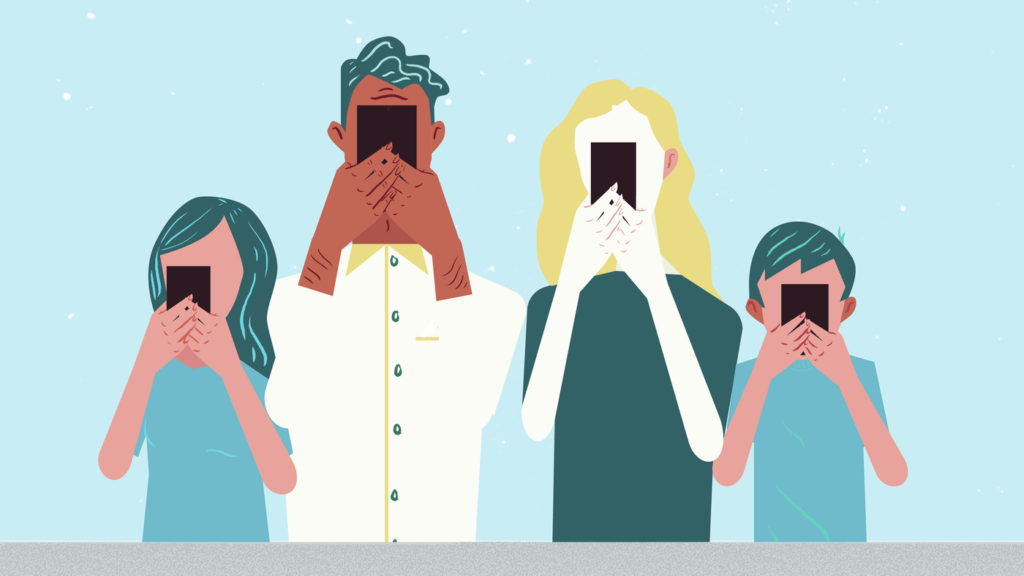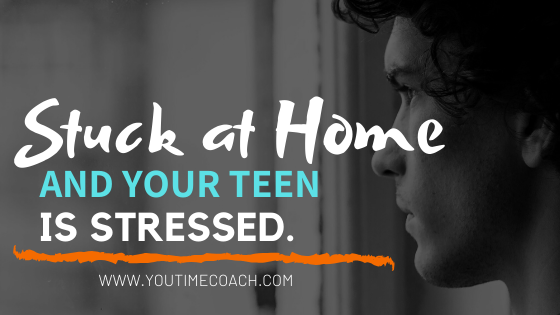The stress of being a full-time teenager has recently changed.
Parenting and being a teen looks very different today than compared to 6 months ago. Being a teenager stuck at home, with all of these imposed changes and not as many obvious outlets can be a disastrous equation. It is not easy. Between the pressures of everyday life as well as their developmental change, it is normal for teenagers to experience what seems to be crazy levels of stress.
It beats being in school.
I’ve recently heard this statement from clients a number of times. Of course, there is truth to it and you have to acknowledge this point as a parent. There are three specific things to keep in mind when it comes to your teen during what could be an extremely challenging time. (not all may apply to your teen and it varies to what degree they may experience them)
THE FIRST POINT: Teens can struggle to see “the bigger picture”. I refer to this as metacognition. When working with teens, they honestly don’t give a shit about hearing the actual word (metacognition) and in fact, are quite bored by words that are unnecessarily long, hard to spell, and don’t seem personally relevant. So, I spend very little time on the word itself and jump into the concepts of “bigger picture”, “taking a step back”, and objective thinking. The visual of being able to experience your (stress/anxiety/depression) “storm” through looking out of a window inside the house versus being in the middle of the storm itself.

Right now, there are plenty of opportunities to be swept away in the sea of news, social media, fear, uncertainty, and imposed lifestyle changes. When a teen has trouble really seeing the bigger picture, it typically forces them to pursue things that are more based on instant gratification and avoidance. Here enters the wonderful world of technology and my second point.
THE SECOND POINT: Be prepared for a major spike in cell-phone, video game, computer, and tv time. This may be obvious and already underway for many families. Here are the concerns. While you can always throw out the “correlation doesn’t equal causation” defense, there are clear indicators that social media and screen time affects the relationship teens have with anxiety and depression. More specifically, there are plenty of reasons (and data) to support the fact that it is closely tied to increased depression and anxiety in teens (Child Mind Institute Article / Anxiety and Depression Associaton of America Article).
For kids who already have anxiety/depression (who doesn’t?!) and ADHD, this moment in time and the coming weeks could likely be an uphill battle for most parents. Check out our blog, “Help I’m a Reactive Parent“ to gain some strategies to better handle the more contested topics of conversation.

THE THIRD POINT: If your teen already has trouble with Anxiety/Depression or ADHD, you may start to see how this really affects them over the course of a day (and you may not like what you see).
Most parents have a block of time where their children are off at school, being monitored by other adults, and don’t witness first hand just how your child goes about sustaining themselves over the entire day. Many kids hold their shit together as much as possible while at school, only to “let loose” as soon as they get home. Our current circumstances now have everyone in relatively close quarters, a fraction of the freedom to “get out of the house”, and the bonus… most high-schools (that tried to make the online thing work) aren’t grading assignments, don’t expect them to be turned in, or even for kids to really learn the concepts. This is happening for many reasons, but it leaves us with a fundamental problem.
Kids are at home, can’t leave, and aren’t expected to do school-work. Let’s give a warm welcome the countless hours of video games, social media, youtube videos, and screen time that your teen is going to get. I am on the Advisory Panel for Phase2Parenting, a site that is geared towards providing top-notch advice and resources to parents of teens and tweens. Check out Phase2Parenting’s article, “How Much is Too Much: Technology Addiction and How to Manage It” and get some support while your kids are couped up in the house.
Small amounts of stress are manageable and even beneficial at times, stress can quickly become overwhelming and can result in decreased physical and mental health for your teenager.
Email us at [email protected] if you need to talk, have questions, or would like to know how to make this a little easier.



